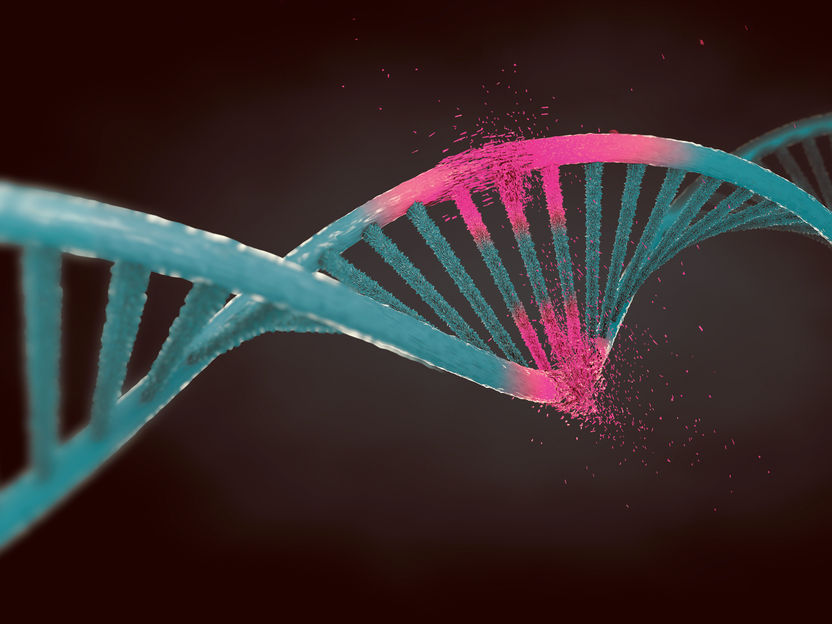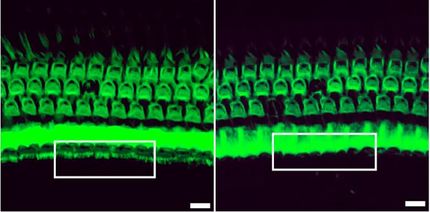Merck Receives Patent for CRISPR Technology in China
Patent in China covers integration of an external DNA sequence into the chromosome of eukaryotic cells
Advertisement
Merck announced that the Chinese Patent Office has issued a notice granting Merck’s patent application for the company’s CRISPR technology used in a genomic-integration method for eukaryotic cells.

Merck KGaA
“Including China, we have received seven crucial patents for our foundational CRISPR technology, which defines an exciting new path for medical research and treatments for some of the toughest medical conditions, including cancer, hereditary and rare diseases,” said Udit Batra, Member of the Merck Executive Board and CEO, Life Science. “As a genome-editing leader, we are actively licensing our integration patents for therapeutic use, basic science research and agricultural biotechnology.”
Merck, which has a 13-year history in the genome-editing field, has related patent filings for its insertion CRISPR method in the U.S., Brazil, India and Japan. The company already has had similar key patents granted in Australia, Canada, Europe, Israel, Singapore and South Korea.
This forthcoming patent in China covers chromosomal integration, or cutting of the chromosomal sequence of eukaryotic cells (such as mammalian and plant cells) and insertion of an external or donor DNA sequence into those cells using CRISPR. Scientists can replace a disease-associated mutation with a beneficial or functional sequence — a method important for creating disease models and gene therapy. Additionally, the method can be used to insert transgenes that label endogenous proteins for visual tracking within cells.
CRISPR genome-editing technology, which allows the precise modification of chromosomes in living cells, is advancing treatment options for a variety of medical conditions. CRISPR applications are far-ranging - from identifying genes associated with cancer and rare diseases to reversing mutations that cause blindness.
As a company that has been highly involved in genome-editing innovation, Merck recognizes that genome-editing has resulted in major positive advancements in biological research and medicine. At the same time, the growing potential of gene-editing technologies has opened scientific, legal and societal concerns. As both a user and supplier of gene-editing technology, Merck supports research with genome editing under careful consideration of ethical and legal standards. Merck has established a Bioethics Advisory Panel to provide guidance for research in which its businesses are involved, including research on or using genome editing, and has defined a clear operational position taking into account scientific and societal issues while not blocking any promising therapeutic approaches for use in research and applications.






















































